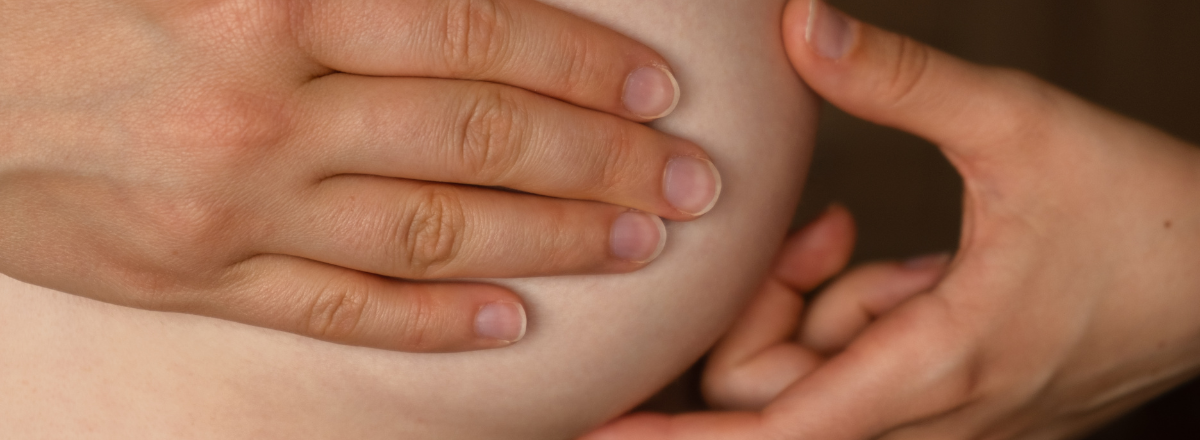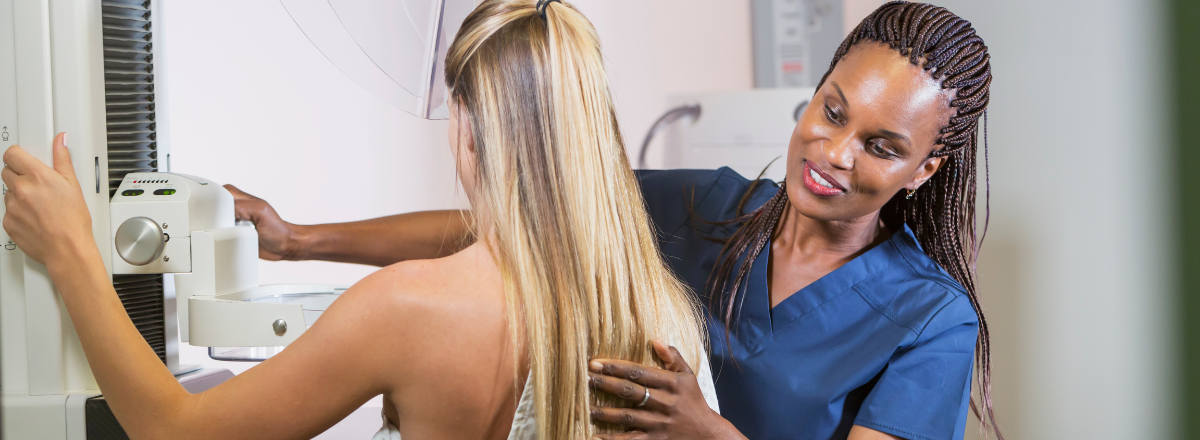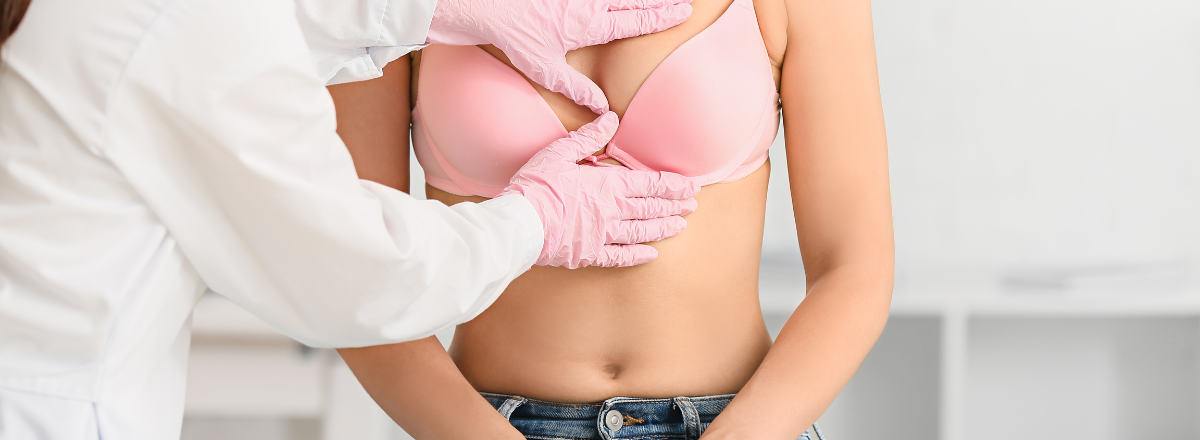Every October is breast cancer awareness month, raising awareness of the signs, symptoms and importance of checking your breasts. But in a busy world it can be all too easy to put things off because you’d ‘rather not know’.
That could be a costly mistake, says ZoomDoc GP, Dr Jenny Ellenbogen.
‘Although it’s not healthy to be too fixated on cancer, knowing what to look for and when – and actually putting it into practice – could save your life. It’s that simple,’ she says.
Make sure you’re not making any of these mistakes when it comes to your health this month – or at any time of the year for that matter.
Thinking it won’t happen to you
Chances are you won’t get breast cancer because the odds are in your favour.
However, as cancers go, the rates are high. According to latest statistics, breast cancer currently affects 1 in 7 women (source: Cancer Research). That makes it the most common cancer in the UK ahead of prostate cancer (source: Cancer Research).
The other thing to bear in mind is family history. Cancer Research states that ‘having a mother, sister or daughter diagnosed with breast cancer approximately doubles the risk of breast cancer. This risk is higher when more close relatives have breast cancer, or if a relative developed breast cancer under the age of 50.’
So while it hopefully won’t happen to you, it is worth being extra vigilant, particularly if it runs in your family.
The good news is that breast cancer is one of the most survivable cancers, with survival rates doubling in the last 50 years in this country.
Checking once, and never again
When Breast Cancer Awareness month comes around it reminds many of us to check our breasts for lumps, which is great.
However, it’s really important to check regularly and not just once a year, says Dr Jenny.
‘Breast cancer can be diagnosed any month of the year so it’s crucial to know what you’re looking for, how to thoroughly check and that you do so all year round because early detection really is your best chance of survival,’ says ZoomDoc GP, Dr Jenny Ellenbogen.
Most organisations recommend doing it every month and at different times of your menstrual cycle.
‘It’s about knowing what feels normal for you so you can recognise any abnormal changes,’ says Dr Jenny.
And so you don’t forget to do it regularly, Breast Cancer UK offers a text reminder service that you can sign up to here.
When you do check yours regularly, make sure you check them correctly by looking and feeling.
‘Checking should be quick but thorough’, says Dr Jenny.
Follow this guide to checking your breasts.
Thinking lumps are the only symptom

Breast cancer can have a number of symptoms, but the first noticeable symptom is usually a lump or area of thickened breast tissue.
Lumps are a common symptom of breast cancer. However, according to the NHS other symptoms can include:
- a change in the size or shape of one or both breasts
- a discharge of fluid from either of your nipples
- a lump or swelling in either of your armpits
- a change in the look or feel of your skin, such as puckering or dimpling, a rash or redness
- a rash (like eczema), crusting, scaly or itchy skin or redness on or around your nipple
- a change in the appearance of your nipple, such as becoming sunken into your breast.
‘Breast pain is not generally a sign of breast cancer but should be checked out if you are concerned or it doesn’t get better,’ says Dr Jenny.
Not making a GP appointment

You should see your doctor if you notice a change that isn’t normal for you. Or if you have any of the possible signs and symptoms of cancer.
It’s understandable to be worried about making a GP appointment but the sooner you do it, the sooner you could get the all-clear.
‘Remember your symptoms may turn out to be benign (non-cancerous) but seeing your GP is a step towards making sure,’ says Dr Jenny.
They’ll then refer you to a specialist who will be able to conduct further tests to establish what ‘s causing your symptoms.
If you have private medical insurance you can speed up the process and hopefully get that peace of mind even quicker by getting a same-day referral to see a consultant.
Save yourself waiting for a GP appointment and contact ZoomDoc for a same-day GP referral letter. You could be seeing a specialist this week!
Skipping your routine mammogram

Women are being urged to take up NHS breast screening appointments. Four in 10 did not take up the potentially life saving offer.
Between the ages of 50 and 71 you’ll be routinely invited for mammograms to X-ray the breast tissue.
‘Make sure you attend your appointment even if you haven’t noticed any lumps, bumps or unusual changes to the breast as mammograms can detect cancer in its early stages, when it’s too small to feel or see,’ says Dr Jenny.
According to the NHS, ‘breast screening saves around 1,300 lives each year in the UK.’
By finding cancer early it is:
- more likely that treatment will be successful
- less likely you’ll need to have a breast removed (mastectomy)
- more likely you’ll be cured.
Now go and make that appointment!


